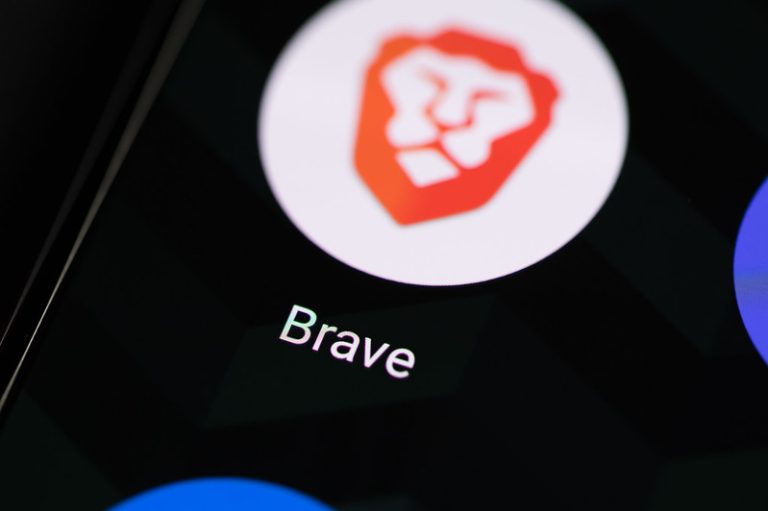Browser and search engine Brave has completely severed connections with Microsoft’s Bing, achieving an independent set of results
An April 27 announcement on the Brave blog states the engine cut the remaining 7 percent of search queries it fed through Bing. The figure was already down from 13 percent when it launched in 2021.
The company says it is averaging 22 million queries each day, making Brave “the fastest growing search engine since Bing.”
“By default, Brave Search users will now receive 100% of results from the Brave Index, giving users fully independent results,” the blog post states.
But in light of Google’s 3.5 billion and Bing’s 900 million per day according to InternetLiveStats and TrueList, Brave’s volume still remains but a tiny drop in the ocean to target for web marketers.
MORE ON CENSORSHIP
- Biden Admin Hints at Coming Censorship of Those Who Criticize Green Energy Costs
- EU Online Censorship Framework Names Largest Platforms
- Biden Admin Considering Giving Social Media Influencers Base at White House
- Biden Admin ‘Very Angry’ Twitter Wasn’t Doing Enough to Push COVID Narratives
Success
You are now signed up for our newsletter
Success
Check your email to complete sign up
Behind Brave is a company called Brave Software Inc, based in San Francisco. A 2019 article by Gizmodo points out that the project monetizes itself by selling advertisements and paying users of its Chrome and Firefox alternative, Brave Browser, with a digital currency called the Basic Attention Token, an ERC-20 coin that resides on the Ethereum protocol.
Brave co-founder Brendan Eich is also the former CEO of Mozilla. In 2016, TechCrunch reported Brave Software had raised more than $7 million in a funding round from entities such as Digital Currency Group and Peter Thiel’s Founders Fund.
The need for an alternative to the Google-Bing phalanx emerged sharply when in March 2022, DuckDuckGo CEO Gabriel Weinberg announced on Twitter that it would begin following the lead of mainstream Big Tech engines by “rolling out search updates that down-rank sites associated with Russian disinformation.”
Before the measures, DuckDuckGo was popular and prominently used because it served up content and media publications that are otherwise shadowbanned across Google and Bing amid a modern push by Western governments and corporations to strictly control narratives the public has access to.
Podcaster and former MMA fighter Joe Rogan was quoted as stating at the time when alternative sources of information amid the Coronavirus Disease 2019 (COVID-19) pandemic and government mandates were in high demand, “If I wanted to find specific cases about people who died from vaccine-related injuries, I had to go to DuckDuckGo” because he “wasn’t finding them on Google.”
DuckDuckGo states on the Sources section of its Help page that while it aggregates results from a combination of its crawler and other “best sources” when it comes to “more traditional links and images in our search results” then “we largely source from Bing.”
In a 2022 announcement that Brave Search had exited beta, alongside achieving 5 billion annual queries—a feat they say took Google and DuckDuckGo a year and four years to reach just 2.5 billion by comparison—that, “We don’t censor, bias, filter, or downrank results (unless legally required to).”
In its blog post, Brave said another consideration in parting ways with Bing was concerns about costs associated with licensing the Bing API.
In February, Microsoft announced a significant increase in fees associated with the Bing API “with some tiers up by 1,000% over current pricing levels,” according to Tech Monitor.
Brave claims that, “Over the past several months, the Search team has drastically improved Brave Search’s ability to answer nuanced, long-tail queries,” but warns that the departure from the Bing API “may have an effect for certain queries, or for some regional or language-specific results.”
To solve the dilemma, “We encourage users to submit feedback as often as possible,” the blog states, adding that, “The more people who use Brave Search, the better it becomes, and the more we can advance our vision of a user-first Web.”
For Brave Engine users who aren’t finding what they want, the platform does have the option to employ a “Google Fallback,” described on the help section of the Brave website as “the option to let your browser anonymously check Google when our results need more depth.”







